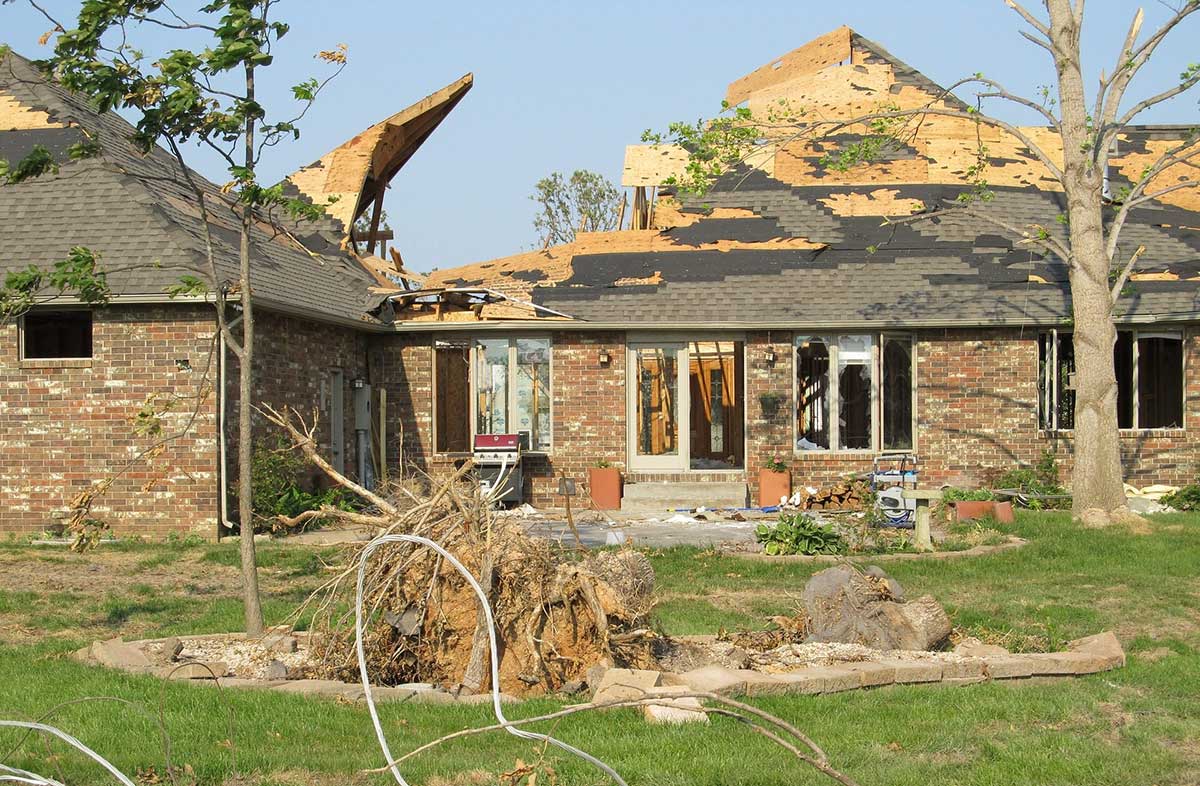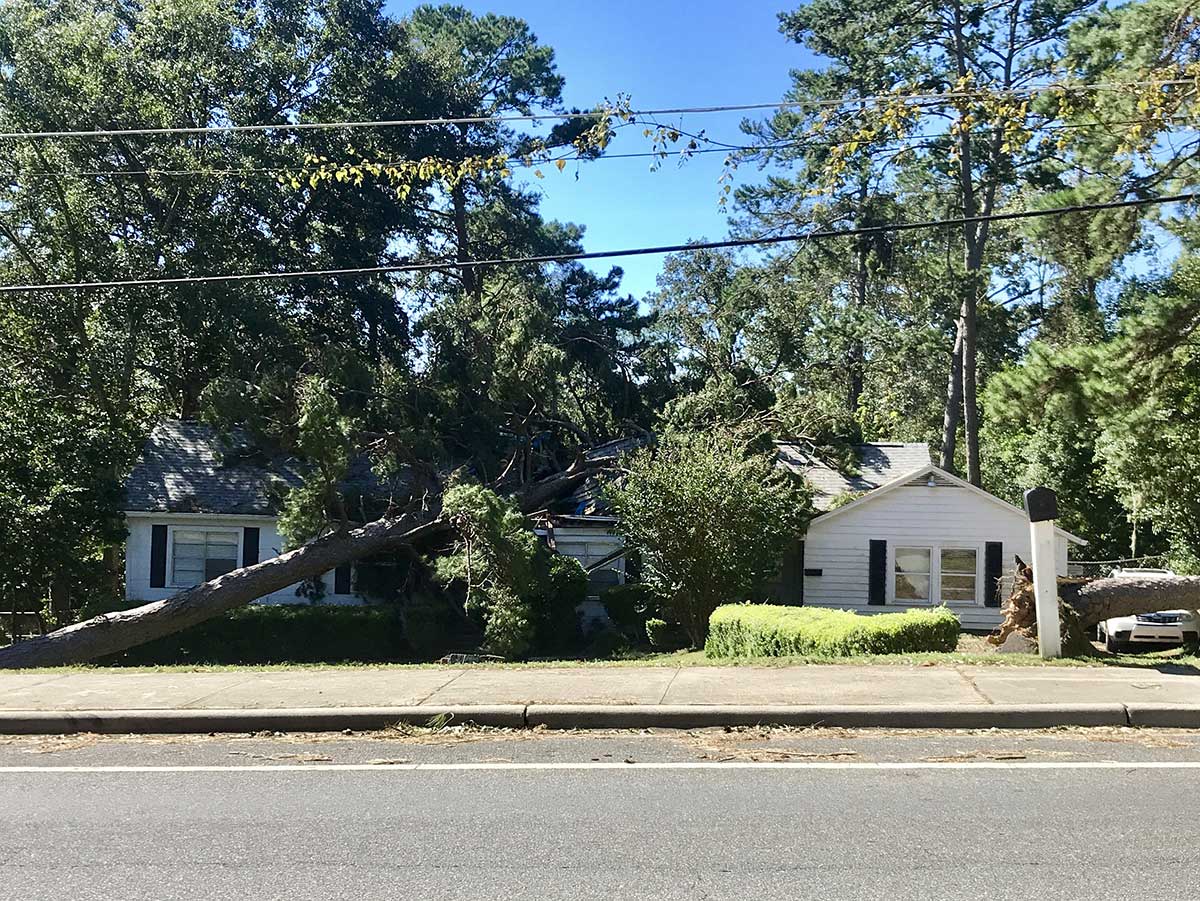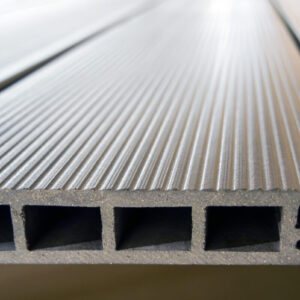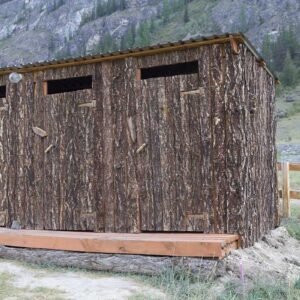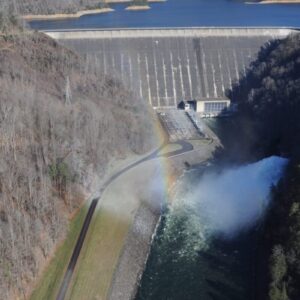Description
This course introduces basic principles of protecting residential structures from high winds. The content of this course is a compilation of several FEMA documents pertaining to wind protection of residential structures. A team of experts examined homes that had failed and homes that had survived damage from Hurricane Andrew. It has been found that once high winds penetrate the building envelope (outer shell) of the home, the likelihood of significant structural damage to the home greatly increases. Therefore, protecting the building envelope should minimize the amount and severity of damage to homes. The experts identified common areas of weakness – the roof, the doors, windows, garage doors (where applicable), roofing systems, and external insulating finishing systems (EIFS). Gable roof systems were also found to be more likely to suffer damage during a high wind event. Each area of weakness identified also includes simple and effective remedies. Emphasis is made that residents should not avoid or delay evacuation based on implementing the remedies in this course.
The course presents low-tech remedies for the most common weaknesses and the highest priority preparations for eminent high winds. The findings of the study can be useful to engineers by identifying the areas of weakness that engineers can develop and design more permanent solutions for.
This course includes a quiz at the end, which is intended to provide 2 hours of professional development.
Course Author: Federal Emergency Management Agency (FEMA)
LEARNING OBJECTIVES
At the conclusion of this course, the student will have learned or been exposed to the following:
Awareness that protecting the home does not decrease the urgency to evacuate
Awareness of the importance of protecting the building envelope
The common areas of weakness of residential structures during storms with high winds
Remedies for the common areas of weakness of the structure
Preparation of the home for high winds
Preparation of the property around the home for high winds
The role that regular inspection and maintenance of the home can have in making the home more resistant to high winds

